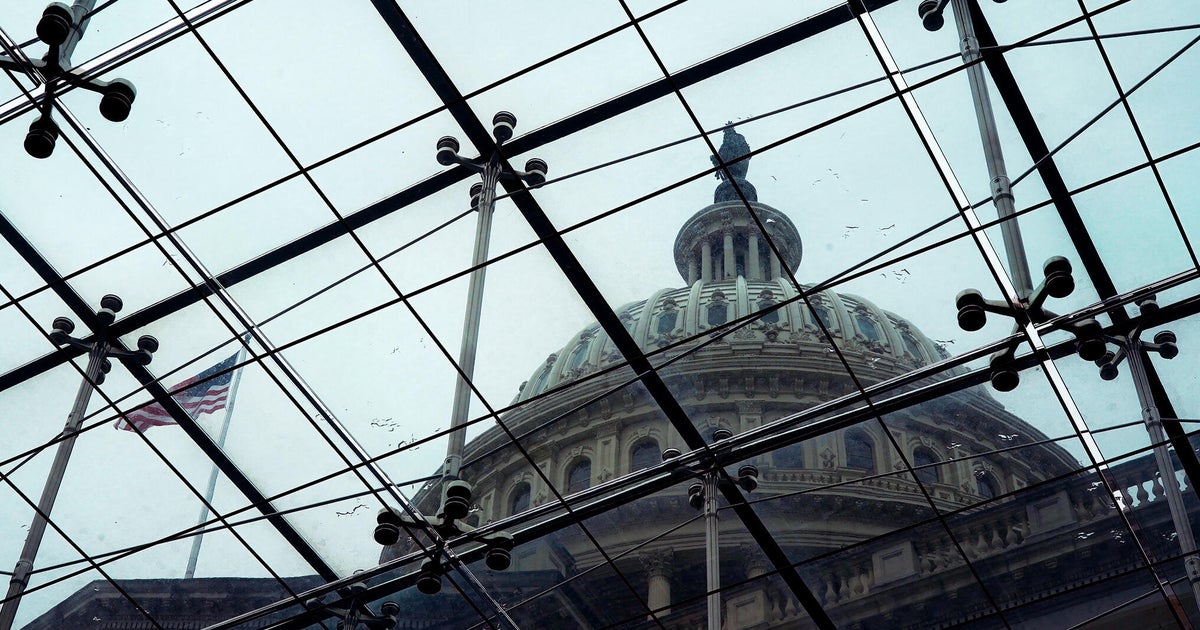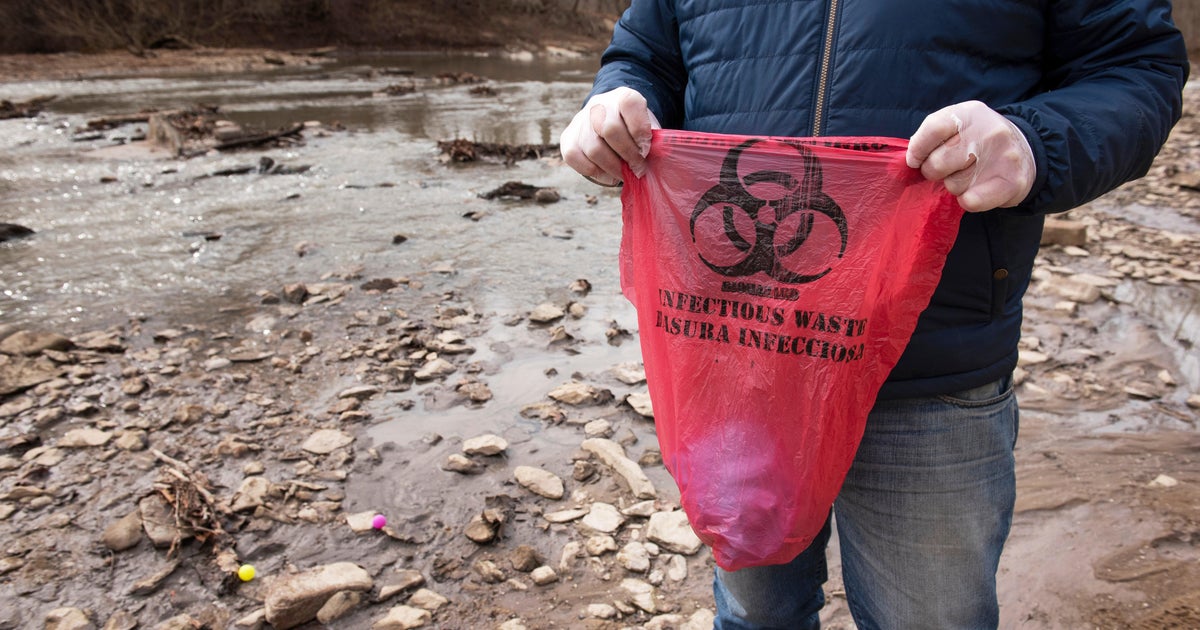Tillerson says Trump's tweets "doesn't dictate our policy"
KINGSTON, JAMAICA – Secretary of State Rex Tillerson said Wednesday that President Trump's tweets don't define U.S. policy.
"I've said before the president communicates in the fashion he communicates. That doesn't dictate our policy. The president's tweets don't define the policy," Tillerson told reporters.
Tillerson, who has been travelling throughout the Western Hemisphere in recent days, has said that his staff prints out the president's tweets and give them to him to see. Sometimes he has been able to see what the reaction to a tweet is before he publicly reacts to it himself.
Tillerson has said that he and his staff then take the tweets and decide how to fold them into U.S. foreign policy. "How do we take that and now use it," he said or Mr. Trump's tweets earlier this year.
The secretary has also celebrated Mr. Trump's social media talents. "He is world class at social media, and I'm not," Tillerson said with a laugh earlier this year. "The president has used it to great effect, by bypassing the traditional means of communicating."
But Tillerson now says it is the extensive time that he and Trump spend together creating policy and discussing goals that really constitutes the U.S. agenda that he operates from.
"We've spent hours together talking about these issues and what we're really trying to achieve, and then I go out to the region and spend all this time with people trying to achieve those," Tillerson said. "The president will communicate how he would like to communicate. It has little impact on what I'm actually doing out there."
Last week, when Tillerson was visiting Mexico and advocating for joint efforts to take on trans-criminal organizations, Trump was meeting with U.S. Customs and Border Protection, and chided countries in south American, including Mexico, for taking U.S. aid and for not making a greater effort to combat the drug flow across the border.
"I don't get frustrated by anything, so I don't need to answer the question" Tillerson said when asked if he was frustrated about his messages sometimes colliding with those of the president. On Wednesday, he implied that he could ignore the comments and tweets from his boss as he is on the road bringing U.S. foreign policy to life. In Latin America over the last week, Tillerson has praised the joint efforts that the U.S. is pursuing to take on transnational criminals — even though the president questioned the commitment of American partners.
Tillerson, speaking with reporters on his plane, also warned North Koreans that the U.S. would not be moved by jubilant images of North Korean athletes and musicians at the Olympics. The U.S. will maintain a tough posture, he said, echoing a message recently sent by Vice President Mike Pence, who is leading the American delegation to the games.
"We are not going to be lulled by the Olympic experience," Tillerson said. "That isn't going to change anything. And I think that is an important message for the North Koreans to understand. Until you do something meaningful, sending some athletes and an orchestra down to Seoul, to show us that yes, you can play sports and you enjoy music, that doesn't change anything."
North and South Korea will march together in the Olympics in a symbol of unity. South Korea is also a strong U.S. ally in efforts to denuclearize Korean peninsula.
In recent days, Tilleson and Pence have both said signaled an openness towards the possibility of talks with North Korean officials on the sidelines of the Olympics. The White House says no such meeting is being planned. "We don't really anticipate anything," Tillerson said Wednesday. But, once again, he didn't rule it out.
Mr. Trump has said that he would meet with Kim Jong Un or the North Korean regime at "the appropriate time." This willingness is a stark reversal from earlier on in the administration when Trump questioned Tillerson's diplomatic and tweeted that the Secretary of State should not be eating his time negotiating with "Little Rocket Man," which is his nickname for Kim Jong Un.



